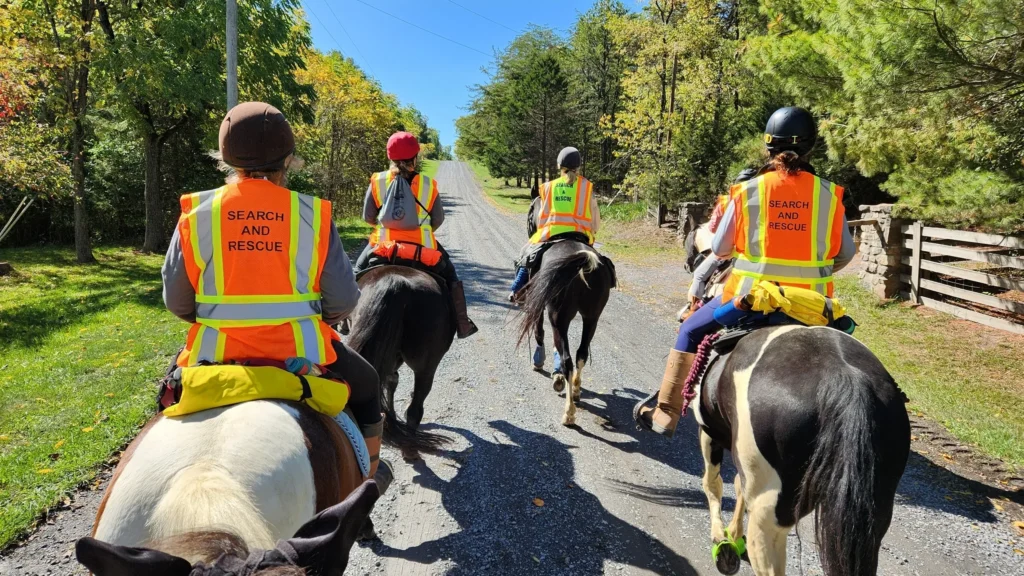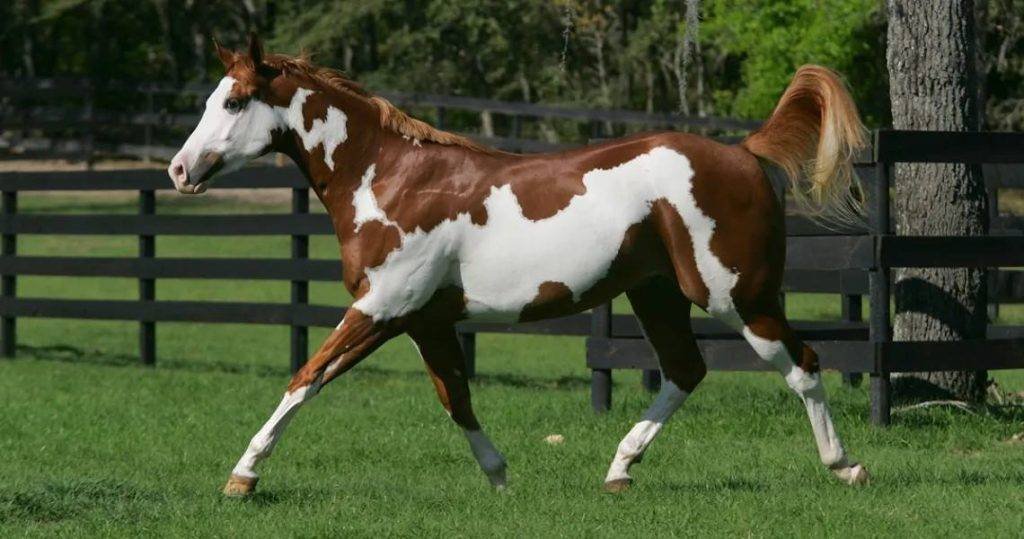The Role of Horses in Search and Rescue
Horses have long been valued for their strength, speed, and intelligence, making them invaluable partners in various fields, including search and rescue operations. Their unique abilities and training can greatly enhance the effectiveness of these missions. Here’s a closer look at the significant role horses play in search and rescue efforts.
1. Versatility and Adaptability
Navigating Diverse Terrain
Horses are exceptionally skilled at traversing rough and varied terrains where vehicles may struggle to go. They can easily navigate through forests, hills, and other challenging landscapes, allowing search teams to cover more ground efficiently.
Access to Remote Areas
In cases where human responders might have difficulty reaching, horses can transport rescue personnel and equipment directly to the site, facilitating quicker responses.
2. Enhanced Search Capabilities
Scent Detection
Horses have a keen sense of smell and can be trained to assist in locating missing persons. They can pick up scents from long distances, even in challenging environmental conditions, aiding in tracking individuals who may be lost or trapped.
Ground Covering
A mounted search team can cover a larger area in less time compared to foot searches. This increased mobility allows for faster searches, which is critical in emergencies where time is of the essence.
3. Strong Bond and Trust
Building Rapport
Horses have a natural ability to form strong bonds with their handlers. This trust can be crucial in high-pressure situations, as a well-trained horse is more likely to remain calm and focused, allowing for efficient teamwork.
Calming Presence
In search and rescue scenarios, the presence of a horse can be comforting to individuals who are lost or distressed. Horses have a calming effect and can help soothe anxiety, making it easier for rescuers to communicate with those in need.
4. Specialized Training
Rescue Training
Horses can undergo specialized training for search and rescue operations. They learn to respond to commands and assist in locating individuals in various situations, from natural disasters to wilderness searches.
Handler Training
Handlers also receive training to effectively work with their horses during search and rescue missions. This partnership enhances communication and coordination, improving the overall effectiveness of the team.
5. Team Dynamics
Collaboration with Canine Units
Horses often work alongside trained search dogs. The combination of the horse’s mobility and the dog’s scent detection creates a dynamic search team that can cover more ground and improve chances of finding missing persons.
Integration with Human Teams
Horses can be integrated seamlessly into existing search and rescue teams, enhancing the overall response capability. Their presence adds another layer of support and versatility to operations.
6. Case Studies and Success Stories
Natural Disasters
Horses have been used successfully in search and rescue operations following natural disasters, such as earthquakes and floods, where access is challenging. Their ability to navigate debris and rough terrain has saved lives.
Wilderness Searches
In wilderness areas, horses have been instrumental in locating missing hikers or individuals lost in remote regions. Their speed and agility allow search teams to cover vast areas quickly.
The role of horses in search and rescue operations is invaluable, combining their physical abilities with a strong bond to their handlers. Their unique skills not only enhance the efficiency of search efforts but also provide emotional support to those in distress. As the capabilities of equine-assisted search and rescue continue to be recognized, horses will undoubtedly remain an essential asset in emergency response scenarios.




